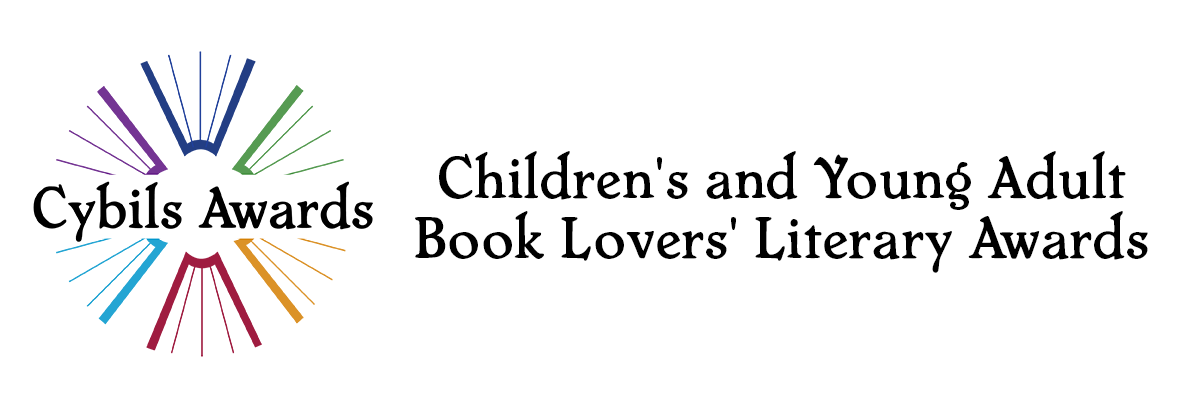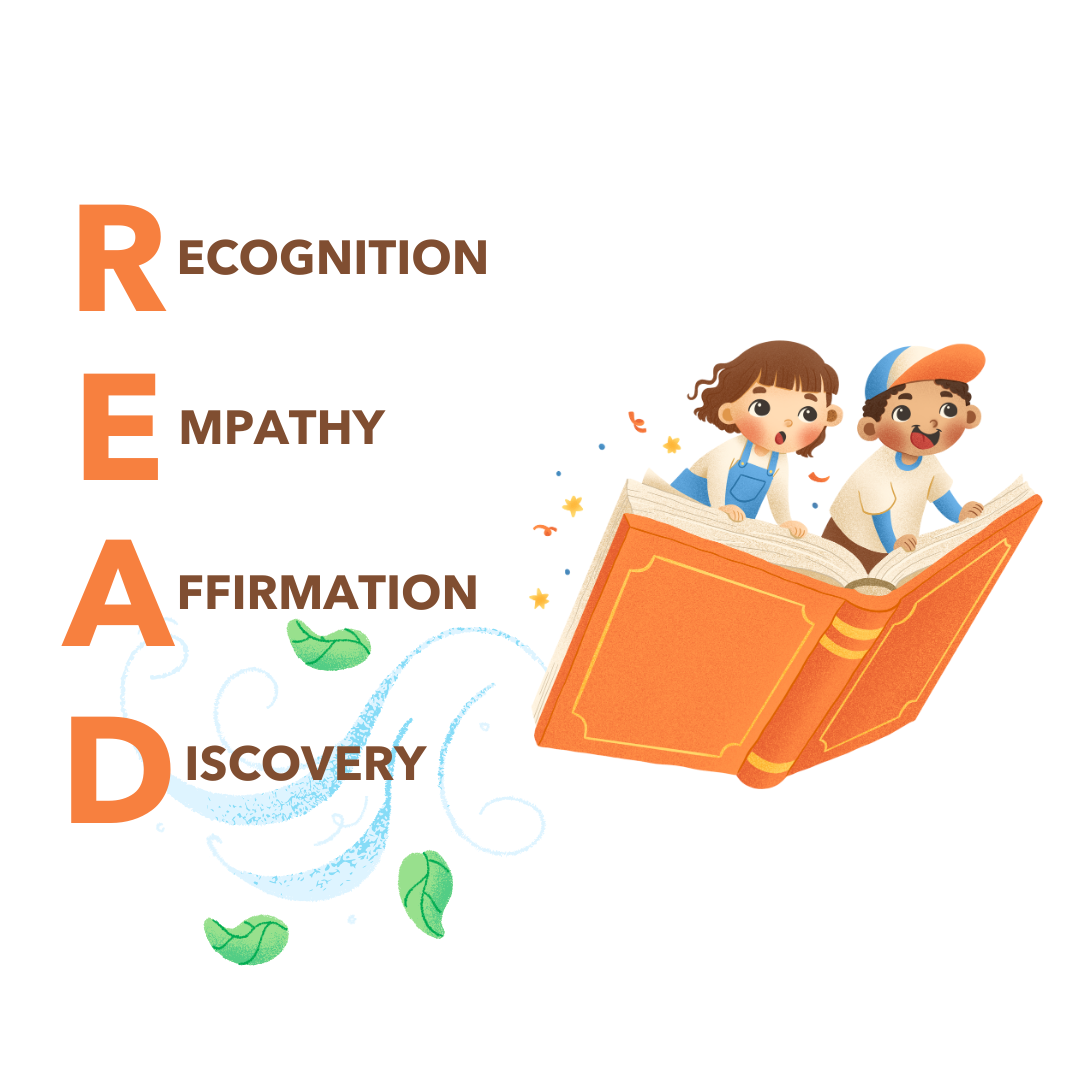We are concluding our series about the power of fREADom and the importance of book choice with a post from Melissa Fox. Her essay touches on each of the key elements of the fREADom concept.
Melissa Fox has been part of the CYBILS Awards since its early days. In addition to being the Elementary/Middle-Grade Fiction chair, she is the Board Treasurer. Melissa describes herself as a middle-class, middle-aged, white, cis-het woman who has always been a very prolific reader. [She works in a bookstore and has her MLIS degree!]
I was recently asked, what you would have “missed” if not for reading widely? Short answer? Lots of amazing stories and authors.
Who I am – middle-class, middle-aged, white, cis-het – is important to know when talking about reading widely. I’m a very prolific reader who tends to gravitate toward books written by people like me: middle-class, white, sic, heterosexual. Since 2004, I have been reviewing many of the books I read on my blog, The Book Nut.
I remember interacting with Debbie Reese on my blog back in 2007. Debbie challenged me to think about Caddie Woodlawn from a Native perspective. I didn’t take it well and spent time defending the racist elements of that book. I have gone through a lot of growth since then.
In 2014, #WeNeedDiverseBooks started going around, and I decided that I needed to be more aware of what I was reading. I’m a person who likes to crunch the numbers at the end of the year, and that year I started tracking books. Twelve out of of 175 (7%) were written by BIPOC authors. That’s not a great percentage, and to be honest, while I’ve gotten better over the years, I haven’t matched my highest percentage: 45% in 2021.
That doesn’t mean I don’t actively seek books by BIPOC authors. If I had not been more aware of the books I was reading, and not more intentionally choosing books by BIPOC authors, I would have missed out on reading some excellent books. Maybe I would have read popular books by BIPOC authors, like The Hate You Give by Angie Thomas or Long Way Down by Jason Reynolds, both of which deeply affected me. But I would have missed some of the less well-known ones.
- I would have passed on the joy of You Should See Me in a Crown by Leah Johnson and the gorgeous storytelling of The Poet X by Elizabeth Acevedo.
- I wouldn’t have been challenged by When They Call You a Terrorist by Patrisse Khan-Cullors and Asha Bandele, Stamped by Ibram X. Kendi, So You Want to Talk About Race? By Ijeoma Oluo or Dear Martin by Nic Stone.
- I wouldn’t have read the absolutely life-affirming books of T.J. Klun or the compelling stories by Kacen Callender.
In reading more widely, I can see a change in me. I am open to more stories, to experiences other than my own. I find that I am more empathetic to people who are not like me, to situations other than my own. And while I still enjoy books written by people like me for people like me, I find that I gain something more – call it perspective, insight, awareness – when reading books by someone whose experience is wholly unlike mine.
I just counted: out of the 100 books I’ve read so far in 2024, I’ve read 33 by BIPOC authors (not counting Latinx or LGBTQ+ authors). It’s more than some years, not as much as others, but I still have a few months. In the end, this is 33 more stories that I wouldn’t have considered if I hadn’t changed my perspective 10 years ago.

